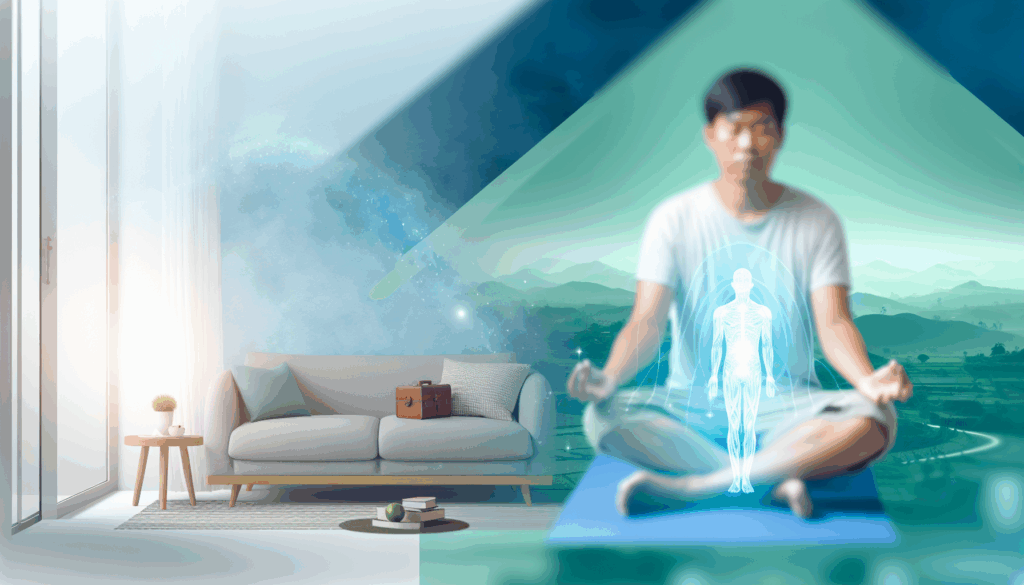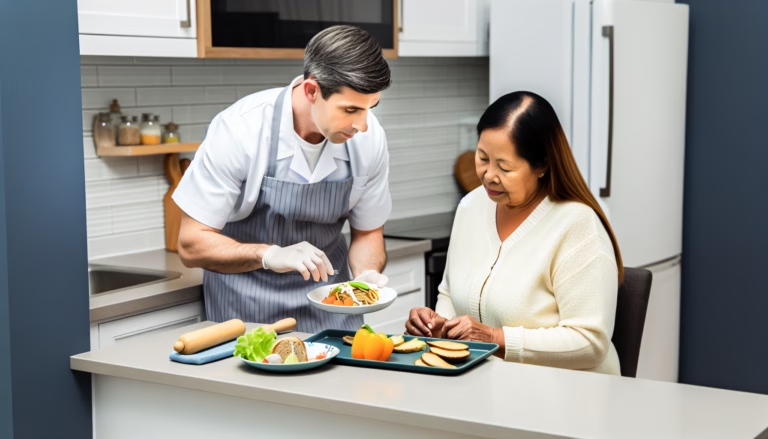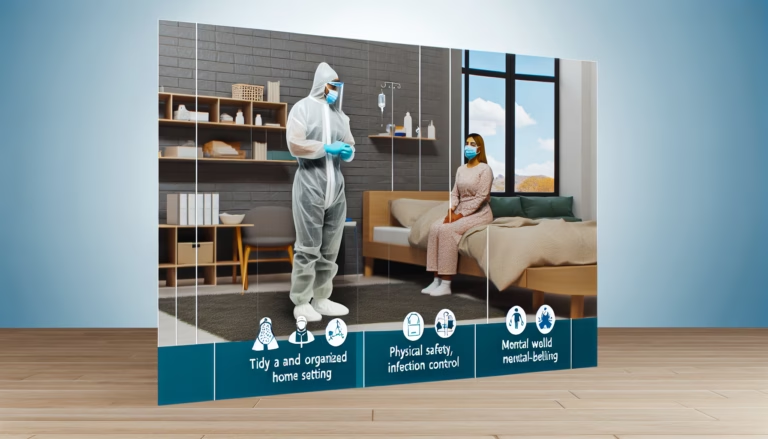Boosting Mental Well-being: Personalizing Mindfulness & Relaxation Techniques for Home Health Patients
The journey of home health care is deeply individual. Each person treads a unique path, shaped by their health conditions, personal circumstances, and their physical, emotional, and mental resilience. While a considerable amount of attention is devoted to addressing physical health, mental well-being can sadly often be pushed to the sidelines. However, mental health is equally significant, if not more so, in the journey of home health care.
With rising levels of stress, anxiety, and depression, maintaining a healthy state of mind has never been more challenging, and yet, more crucial. A healthy mind not only aids faster healing but also equips individuals with the mental resilience to cope with the rigors of managing long-term health conditions at home. One way of fostering mental well-being is through the practice of mindfulness and relaxation techniques.
Why Mindfulness?
Mindfulness revolves around the idea of living in the present, of focusing on the ‘here and now’. It encourages acceptance and self-compassion and helps individuals handle distressing situations, emotions, and physical pain more effectively. According to the American Psychological Association, mindfulness practices have been found to improve physical health, reduce anxiety and depression, and enhance overall well-being.
Mindfulness Techniques for Home Health Care Dating
– Body Scan: This involves lying still and slowly shifting your attention through different parts of your body, from toes to head. Noticing any tension, pain, or discomfort in each part helps increase self-awareness.
– Breathing Exercises: Deep, slow, and intentional breathing exercises, such as the 4-7-8 method (inhale for 4 counts, hold for 7, exhale for 8), can help ease stress and anxiety.
– Mindful Meditation: Sit comfortably, close your eyes, and focus on your breath or a calming word. When your mind wanders, acknowledge it and bring your focus back to your breath.
Personalizing Mindfulness
Remember, mindfulness and relaxation techniques are not one-size-fits-all. They work best when adapted to a person’s individual fortitudes and vulnerabilities. For instance, what might be relaxing for one person might be dull or stressful for another. It is always a good idea to tweak these techniques, add a personal touch, or blend different methods to fit what resonates with you.
Mindfulness is a journey, not a destination, and it can make a world of difference in enhancing mental well-being in the context of home health care. Begin today, one breath at a time, and welcome better mental and physical health into your life.



